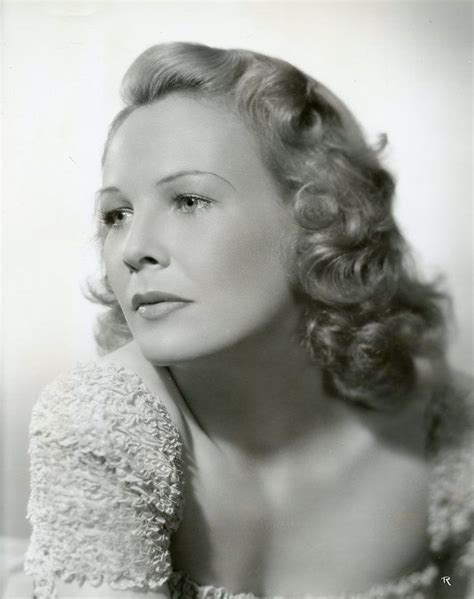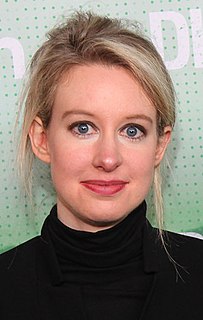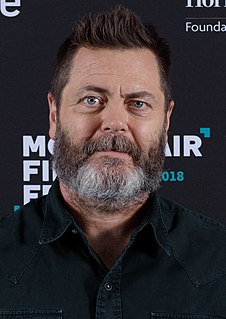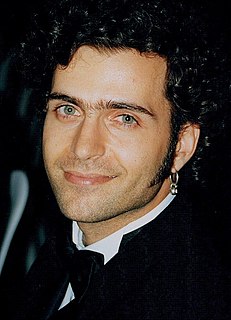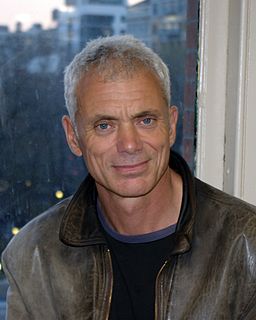A Quote by Barbara Ehrenreich
I have a Ph.D. in cell biology. And that's really manual labor. I mean, experimental science, you do it with your hands. So it's very different. You're out there in a lab, cleaning test tubes, and it just wasn't that fascinating.
Related Quotes
I went into science, ending up with a Ph.D. in cell biology, but along the way I found out that experimental science involves many hours and days and nights of laboratory work, which is a lot like washing dishes, only a little more challenging. I was too impatient, and maybe a little too sloppy, for it.
In science there is something known as a stem cell. A stem cell is an undifferentiated cell which has not yet decided whether it's gonna be a cell of your brain or a cell of your heart or of your finger nail. But science is learning how to coax, how to manipulate, the raw material of life that we call stem cell to become any cell of the body. I think that God is the stem cell of the universe.
I wanted to be a scientist. My undergraduate degree is in biology, and I really did think I might go off and be some kind of a lady Darwin someplace. It turned out that I'm really awful at science and that I have no gift for actually doing science myself. But I'm very interested in others who practice science and in the stories of science.
I love musicals but it's very, very different. It's really just a different form than serious drama, and has very different rules and a completely different set of characters and requirements and ambitions. It maybe shouldn't be as separate as it is, but it's got a different history. In terms of serious drama, I think you'd have to say that you could break it down essentially into the narrative realist tradition and experimental theater.
Theology differs from science in many respects, because of its different subject matter, a personal God who cannot be put to the test in the way that the impersonal physical world can be subjected to experimental enquiry. Yet science and theology have this in common, that each can be, and should be defended as being investigations of what is, the search for increasing verisimilitude in our understanding of reality.



